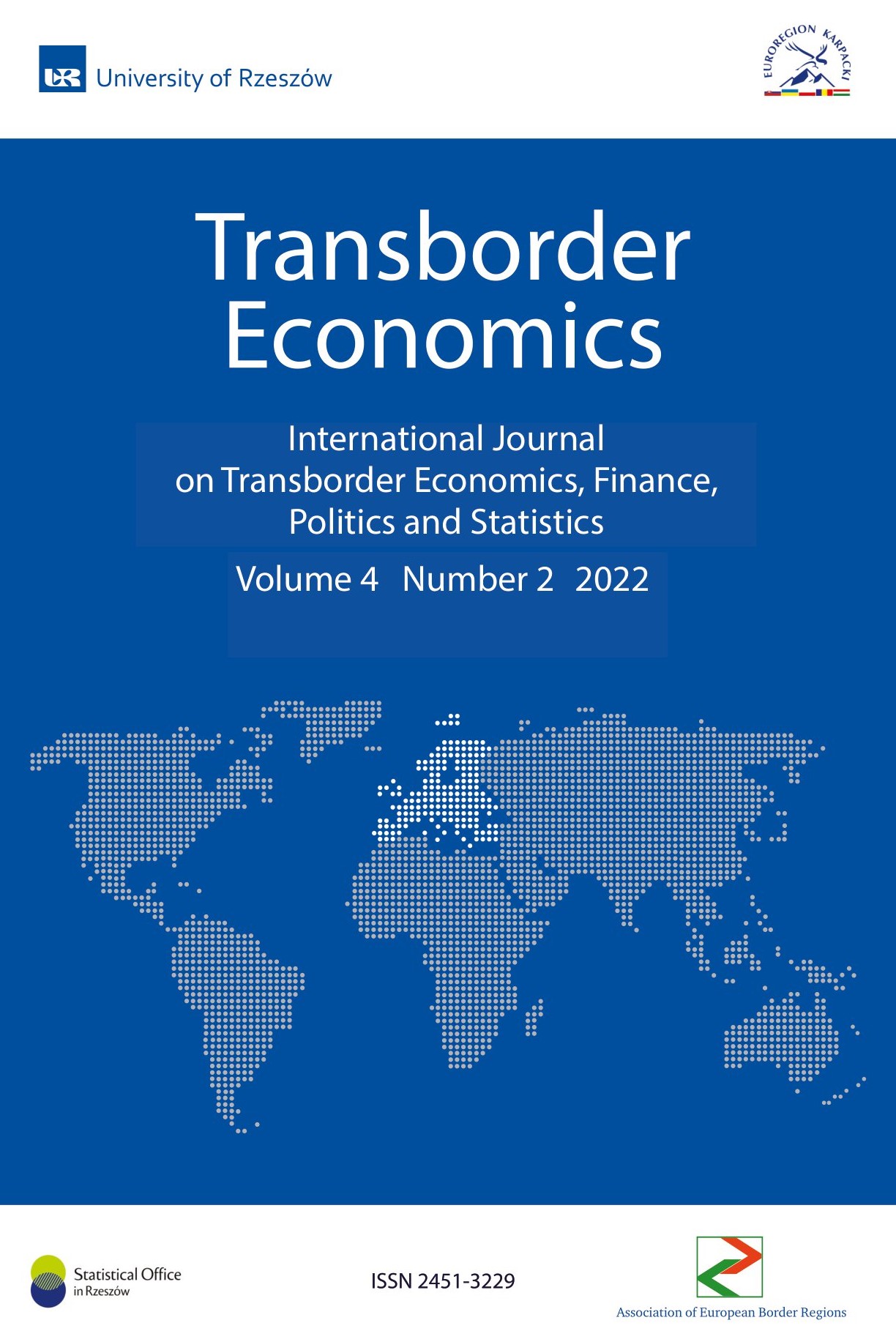The role of Kurdish women in the struggle against anti-feminist currents and the pursuit of feminist revolution in the Middle East
Keywords:
Kurdish women, Gender equality, Middle East, Sharia influenceAbstract
This article examines the pivotal role of Kurdish women in the Middle East, highlighting their resistance to anti-feminist Sharia currents and their commitment to promoting feminist revolution and political self-determination. The Kurdish population, scattered across countries such as Iran, Iraq, Syria and Turkey, has historically faced political challenges. In this context, women have emerged as formidable forces of resistance. The paper highlights the importance of Kurdish women in combating extremist entities, particularly the Islamic State (IS) in Syria and the Islamic regime in Iran. It also navigates the complicated landscape of Sharia law, analyzing its impact on women's rights and drawing comparisons with other monotheistic religions. A striking observation from the study is the proactive and robust participation of Kurdish women in political and civil society movements. Through their advocacy, they not only stand up for their rights, but also challenge and disrupt entrenched patriarchal norms. Through a variety of strategies, initiatives and organizations, Kurdish women have been instrumental in bringing about tangible changes in laws and policies. The findings of this article underscore the transformative potential of Kurdish women's activism. Their efforts have profound implications for the advancement of gender equality and political empowerment in the region, and offer valuable insights for policymakers and civil society organizations committed to advancing women's rights and promoting greater political engagement.
Downloads
Downloads
Published
How to Cite
Issue
Section
License
Copyright (c) 2022 TRANSBORDER ECONOMICS. International Journal on Transborder Economics, Finance, Politics and Statistics

This work is licensed under a Creative Commons Attribution-NonCommercial-NoDerivatives 4.0 International License.


